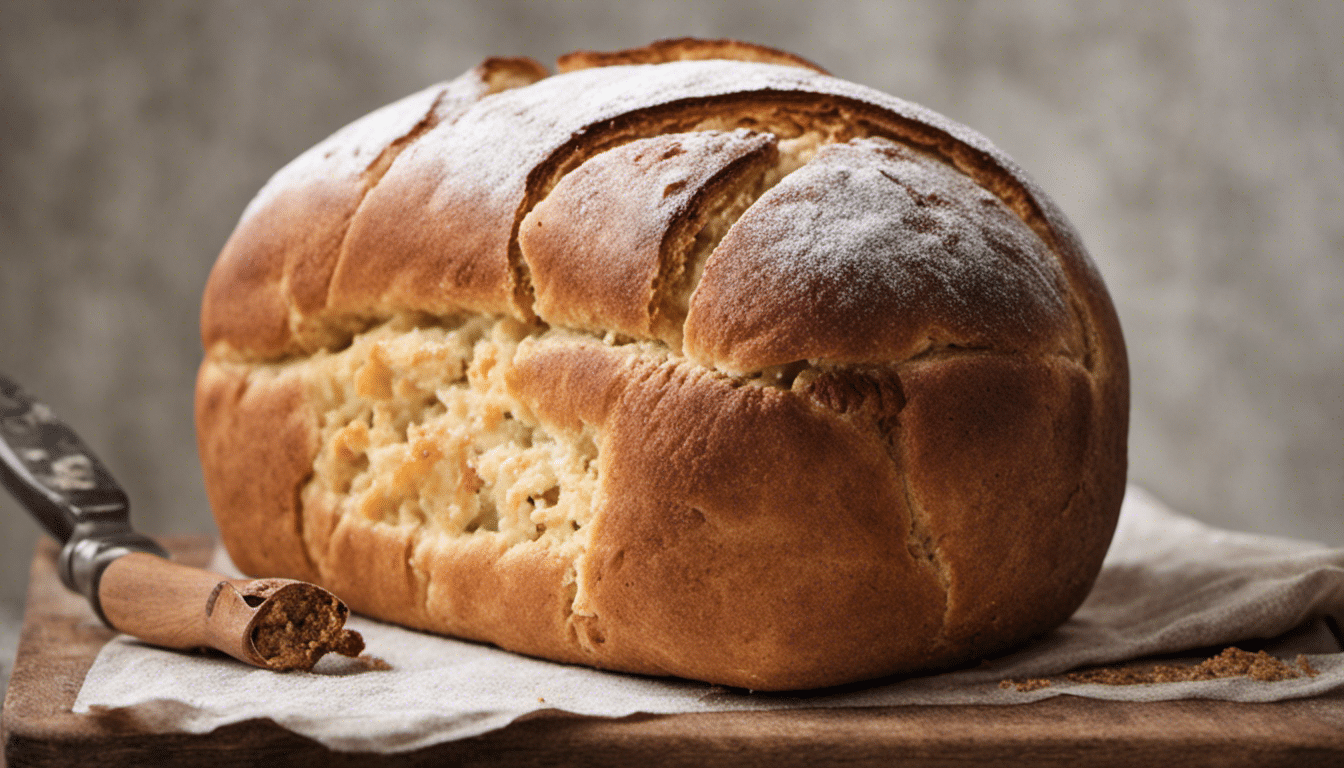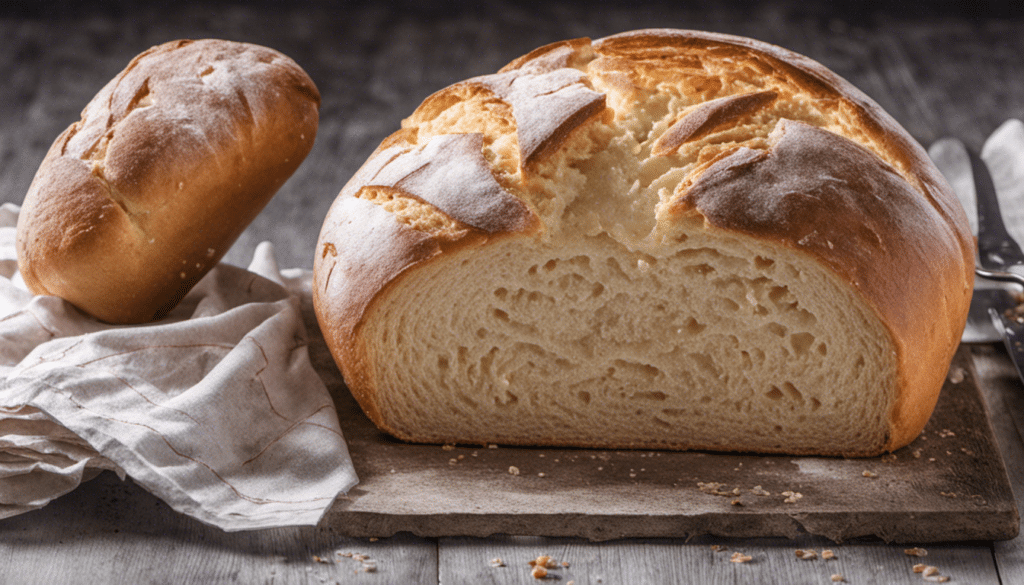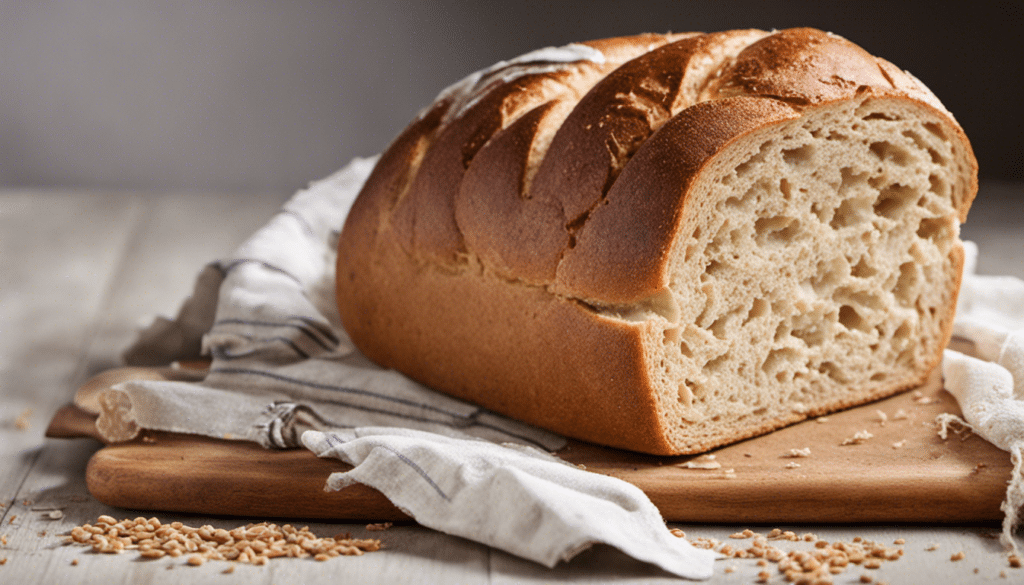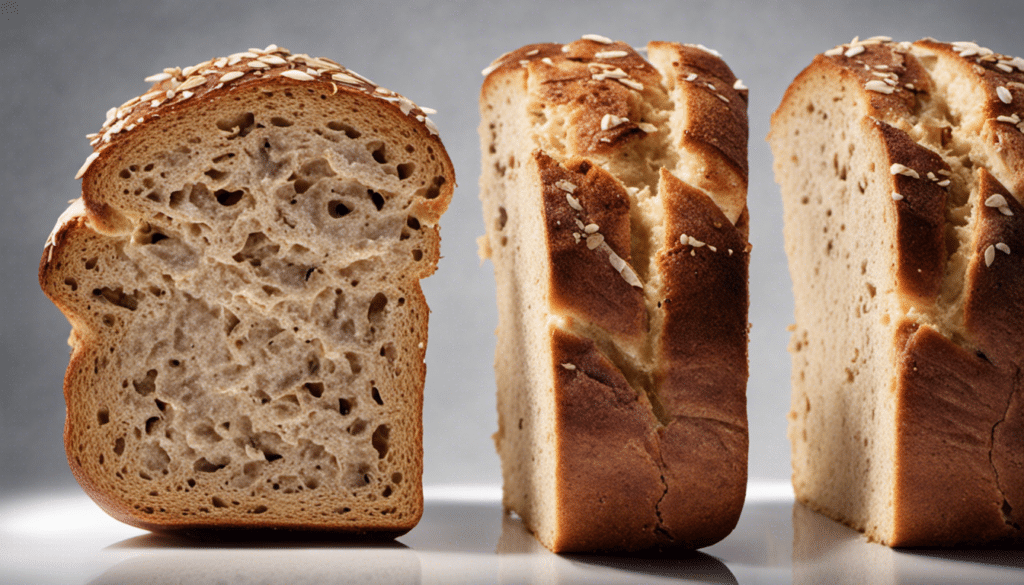| Prep: 20 mins | Cook: 15 mins | Difficulty: Easy | Serves: 6 |
| kcal | fat | saturates | carbs |
| 340 | 9g | 1.4g | 57g |
| sugars | fibre | protein | salt |
| 1g | 2.2g | 8g | 0.4g |
About Yufka
Behold, the versatile marvel that is Yufka. At first glance, this thin Turkish bread may appear modest; a simple flatbread, four basic ingredients merging together to create a mainstay of Turkish cuisine. How can such ordinary components – flour, salt, oil, water – yield something so extraordinary? But that’s what Yufka is – extraordinary.
Origins and Traditions
Originating from the heartland of Turkey, Yufka has served as a dietary stalwart in Turkish households for centuries. Beyond its nutrition, making yufka is steeped in social and cultural significance. Traditionally, preparation was a communal activity where stories, news and laughs were shared among women kneading the dough with their experienced hands.
Unleashing Yufka’s Versatility
Peering into Yufka’s culinary versatility, it finds its place in an array of recipes. It can serve as a tasty base for a series of lahmacun, akin to a thin crust pizza topped with minced meat, tomatoes, onions, and peppers or get rolled into a spiral, baked, and served as Börek, a Turkish savoury pastry. Talk about a flavourful transformation!
Whether grilled, fried, or baked, it complements a plethora of dishes. It brilliantly teams up with kebabs, acting as the trusted sidekick. Try it with the rich, red lentil soup; its crunch offering a delightful contrast. Or let it mop up the remnants of a creamy, indulgent Meze. Its humble, crisp taste never upstages the main event.
The Making of Yufka
Creating Yufka is akin to a performance art. The dough, after a gentle kneading, is left aside to rest. Its mellow transformation will yield a pliable texture, ready to be rolled into whisper-thin sheets. Demanding delicate finesse and patience, the result is tissue-thin flatbread, light as air yet sturdy enough to cradle the most robust fillings.
Don’t be fooled by yufka’s delicate constitution. This bread possesses a robust character, able to withstand high heat and maintain its structure, whether wrapped around sumptuous fillings or soaking up the melange of juices in a heartwarming casserole. That’s the remarkable duality of Yufka: delicate yet strong, modest yet versatile.
What You’ll Need
- 4 cups all-purpose flour
- 1 teaspoon salt
- 1 cup water
- 1/2 cup olive oil
Method
Step One
Start by sifting the all-purpose flour into a large mixing bowl. Add in the teaspoon of salt and mix the dry ingredients together thoroughly.
Step Two
Create a well in the center of your dry ingredients. Gradually pour in the water and olive oil into this well, while slowly stirring to incorporate the mixture.
Step Three
Continue to mix the ingredients together until a dough begins to form. You want to create a non-sticky dough that can hold its shape. You may need to adjust the amount of water and olive oil added depending on the consistency of the dough.
Step Four
Once the dough has been formed, transfer it to a floured surface and knead for approximately 10 minutes. The dough should be smooth and elastic after this process.
Step Five
After kneading, divide the dough into small balls, roughly the size of a gold ball. Cover these with a clean kitchen towel and let them rest for 15 to 20 minutes.
Step Six
After resting, each ball should be rolled out into thin circular sheets using a rolling pin. The thinner the dough, the better the Yufka.
Step Seven
Preheat a dry frying pan over medium heat. One by one, cook the rolled out dough in the pan for 1-2 minutes on each side or until lightly browned. Remove the cooked Yufka and keep it covered until all of the dough has been cooked.
Step Eight
Allow the Yufka to cool before using them in your recipes or store them in an airtight container until needed. Enjoy your homemade Yufka!




